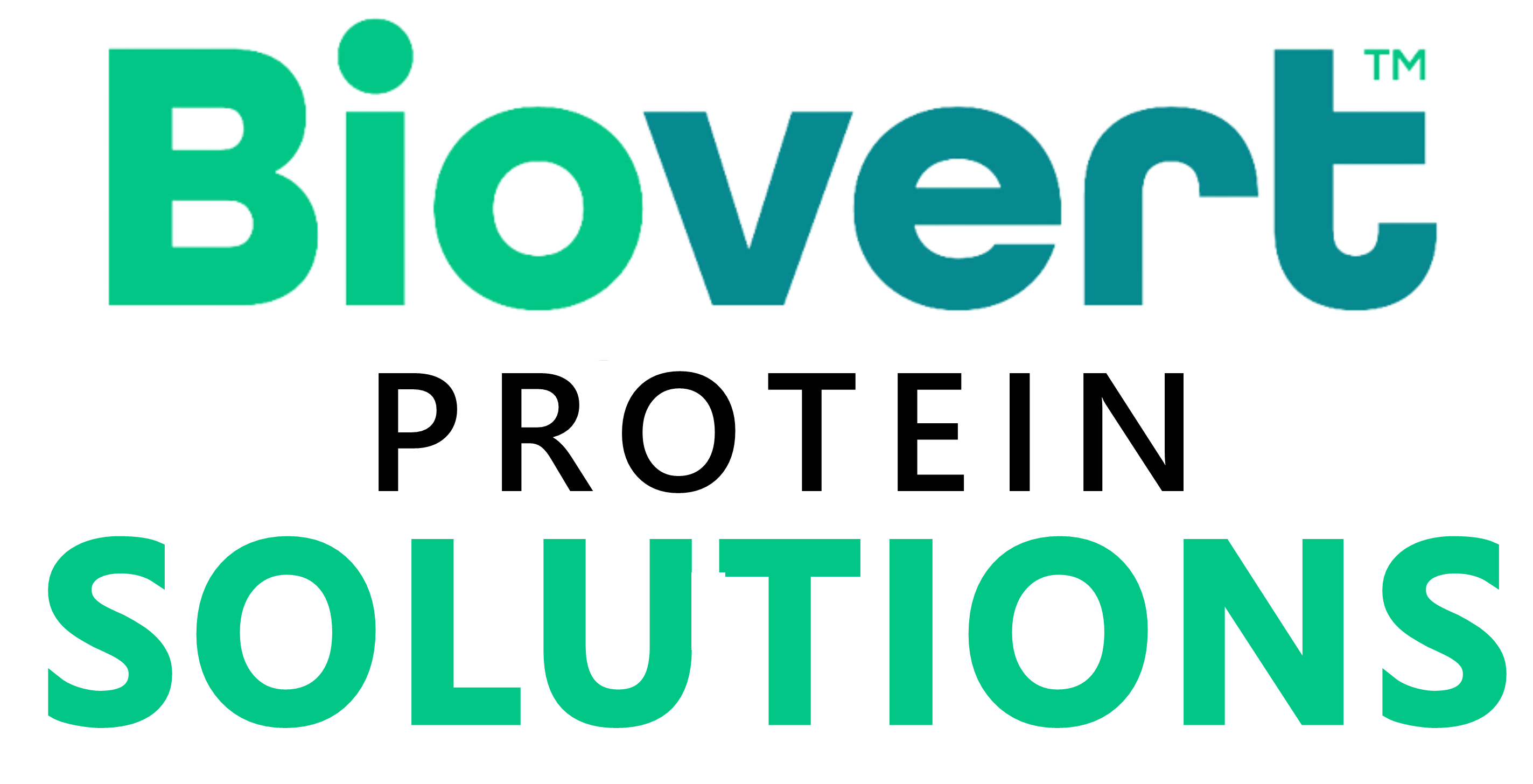Bioconversion is the process of converting organic matter into a resource. The widely found Black Soldier Fly (BSF) insect is designed to efficiently consume organic waste and grow into a protein-rich biomass. BSF bioconversion is a valorization process that recovers potentially lost nutrients from low value organic waste to produce an added value material which can be used in feed formulations for monogastric animals such as poultry, fish and pigs.
Although upcycling is another way of expressing the valorization process, the word also helps to reinforce the concept of an economically renewable cyclic process. The value of organic waste is often perceived to be low compared to plastics, glass or metal waste. By economically recovering these nutrients, we can upcycle its value into circular products usable across different industries.
The majority (> 90%) of the global production today uses the Take-Make-Waste linear economy model where raw materials are “taken” from the planet’s limited resources, “made” into products for use and then end up as “waste” once end consumers finish with the use of the product. Due to the rate of consumption of these resources, this is not a sustainable model.
In a circular economy resources are designed to be renewable rather than have an end of life use. The waste step used in the linear economy model is now replaced with a recycling or reuse step, thus creating a sustainable model for our limited resources. The ultimate goal of a circular economy model is to totally eliminate the waste in the production and use of goods. This will requires “out of the box” creative thinking and from each of us the conscious decision to commit to sustainable practices in our daily lives.
A growing problem that negatively impacts the environment today is food waste. Annually we waste approx. 30% of the food supply we produce. To put that into perspective if food waste were a country, it would be the third largest greenhouse gas (GHG) emitting country in the world, contributing 8% towards GHG emissions. Our tagline reinforces that our business model prevents this negative outcome to the environment and creates a plus through upcycling organic waste into a renewable resource.
As a nation, Thailand is transitioning at a rapid pace to a higher consumption level of animal protein per capita. The poultry and swine industry are the primary protein source, accounting for 85% of the total animal feed volume per annum. Our previous large volume food manufacturing experience in this part of the world enables us to understand what are the key milestones and resources that need to be managed to achieve successful commercial industrialization of the BSF bioconversion process.
